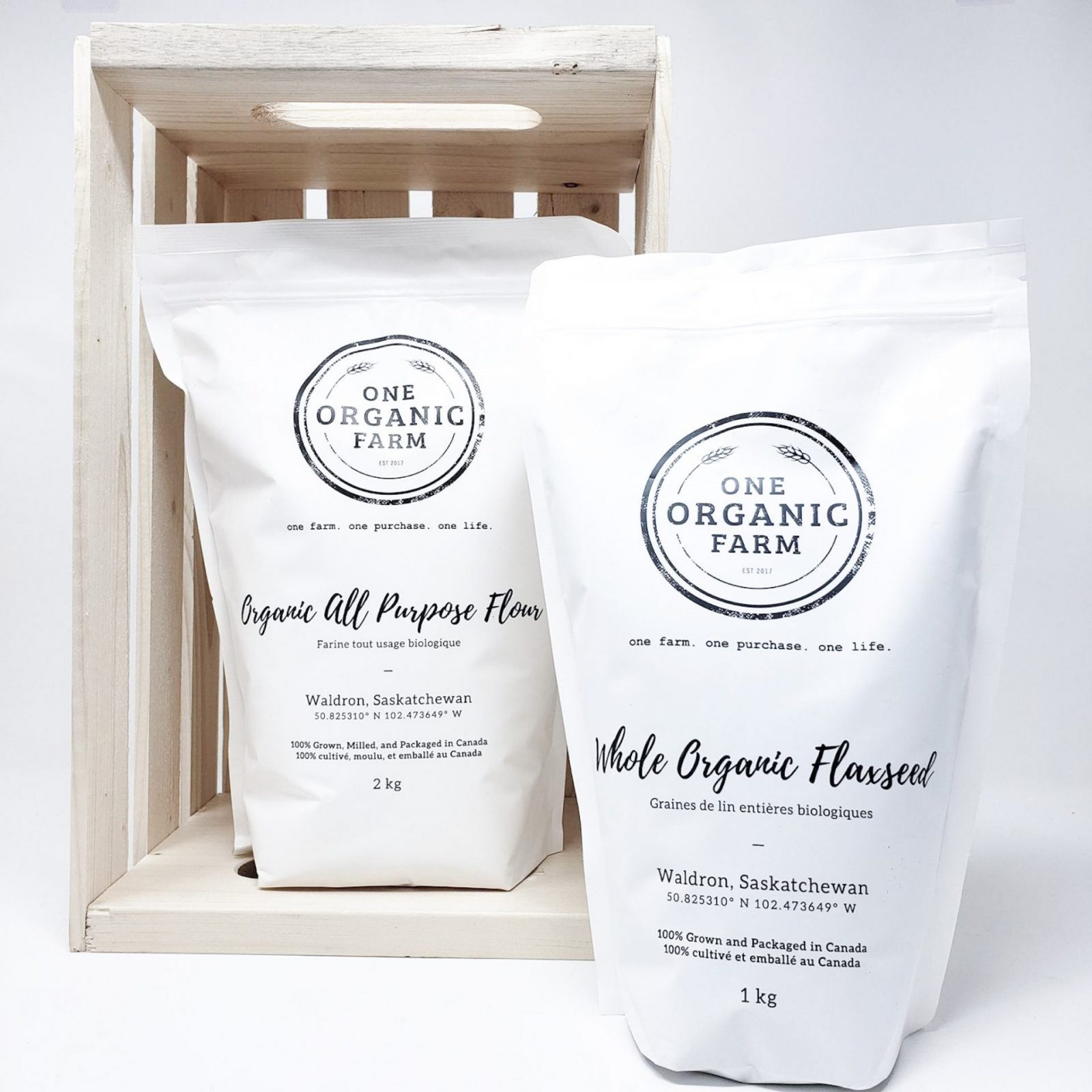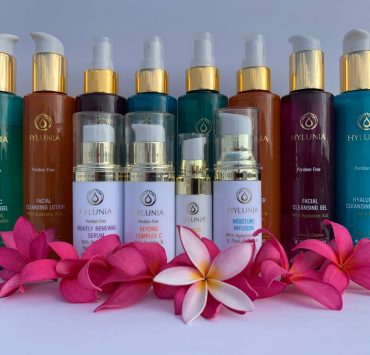
Here at Maturing Mama, we value health and we’re always looking to educate ourselves and our readers on things that will positively impact us and our families.
If you’re anything like me, you rarely purchase organic food and you’re only aware of the difference between organic and nonorganic farmers being that one merely chooses not to use pesticides, and the other does. But it turns out, there’s a lot more to it than that! Farming organic is far from easy, as you’re about to find out – but what I now know is that farmers that don’t use harmful chemicals on their crops genuinely care about the families that will eat their food. They prioritize health and wellness over making a quick buck, as Amy says below.
Here’s Amy from One Organic Farm to tell us more:
“The journey transitioning to organic farming has been one of the toughest experiences and challenges that we have ever faced- if I were to name all the difficulties we’ve had to deal with, we’d be here a while!
We’re not your typical organic, prairie farm. Our size alone brings it’s own challenges we’ve had to work through, add to that that we’re one of very few organic farms in our region and that stirs up a lot of bias and controversy.

Our farm is surrounded by conventional farms – like my husband and all his staff on the farm, they grew up believing that conventional farming methods (using GMO’s glyphosate and/or chemicals on your crop) is either the only way to farm or the best way to farm. And we’ve noticed that some farmers have the perception that the only reason why you’d pursue “organic” farming is if you do not have the funds to purchase all the chemicals & pesticides.
Most conventional farmers believe that there is only one way of getting rid of weeds, and that is glyphosate (aka Round-up). I have yet to meet a farmer that looks forward to the weeds come spring, this is one thing we all have in common, conventional or organic – weeds are not our friend. Unless you’re like me and like a little dandelion tea ;)!

But after many years of research and listening to the experts, we’ve come to realise that weeds are not the root cause of the problem, it’s a symptom! Strange how the human body and nature reveal there is a problem by various symptoms. I can agree that glyphosate (Round-up) is most definitely the temporary quick fix to removing and demolishing weeds in your fields, no doubt. That is why you see perfectly, manicured crops in the fields – that is how effective pesticides are, but the extreme downside of this is that glyphosate also removes any and all micro organisms from your field and your soil, jeopardizing the integrity of your soil health, eliminating all life forms that aren’t GMO (genetically modified) – hence, weeds!
When soil is not healthy, depleted from fungi, small insects, nitrogen and minerals, your soil strives for balance and creates favourable conditions for the only thing that can strive in those conditions – weeds! They’re resilient, don’t need much to grow and will feed the soil and bring the insects back.

We have love and admiration for all farmers, farming is a stressful job and the most important factor with regards to farming is completely out of our control, the weather! So in many ways we’re all just trying to do our best while doing what we love. Our unconventional way of thinking, that weeds can be managed if we manage fields with cover crops, intercropping, summer fallow and livestock, without the use of chemicals and pesticides, has caused some tension in our community.
We do not believe in using glyphosate (Roundup) or any other harmful chemicals to improve your land or your crop, we believe in organic farming practices and we believe that that is the best way to farm and feed our families. Unfortunately, as with any other controversial topic, not everyone has respect for different points of view or a difference of opinion and we have faced a lot of backlash. The weeds in our fields are a contentious issue to most conventional farmers in our area, and this has led to unnecessary and malicious actions by some of our neighbours. We’ve received threats that our fields will be mowed down or purposefully sprayed with Round-up.
The organic industry has not always received the same support as the conventional industry; we are selling our crop into a system which still looks at organic produce from a conventional point of view. Everything is bought and evaluated through a conventional lens, regardless of whether it’s organic or not. Do not let looks deceive you, just because a product looks perfect and plump does not mean its as good as it looks!

Reading all the challenges we have, you’d think to yourself – is this worth it?? Yes – like most we do not want to compromise on our beliefs, our integrity or our hard work. I look forward to a better tomorrow where all farmers are valued, a tomorrow where food is valued as a necessity for health and wellness instead of a commodity or a quick and easy way to make money. I’m looking forward to a point where we all come to the realization that the nourishment our food gives our bodies is more valuable than the dollars we get for it – where we can work with nature and not against it!
Of course the number one question is, how can you know for sure you are in fact buying certified organic farm goods? Our certification standards in Canada is most certainly a logo that you can trust – we work closely with our certifiers and we’re very impressed with their standards, but there is a lot of food that’s imported into North America from other countries, countries where the way they do things isn’t always monitored maybe as it should be and where organic certification can be bought.
If you really want to be sure that you’re purchasing an organic product, make sure you know your farmer! Make friends with your local producers, insist that retail stores start supporting and stocking locally produced products. Just because a product reads “Product of Canada”, it could very well mean that it’s only been packaged in Canada.
Shop local, shop direct and insist that your local grocery store stock more local produce!“
One Organic Farm has many different products.
To visit their online store, click here!
To follow them on Instagram, click here!




I tried growing organic on my farm with everyone around me spraying up a storm. It’s hard to do.